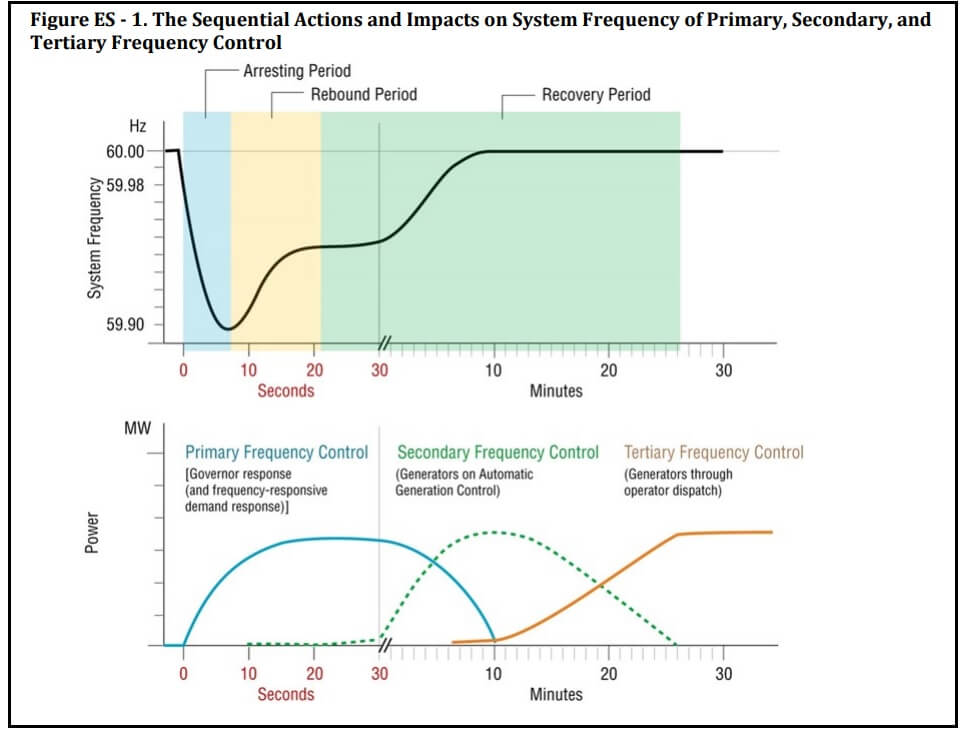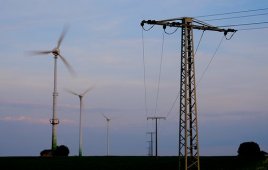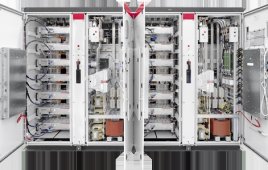Lawrence Berkeley National Laboratory (Berkeley Lab) is pleased to announce the release of a new report: Frequency Control Requirements for Reliable Interconnection Frequency Response. 
In light of changes in how electricity is generated and consumed, Berkeley Lab has authored a new report analyzing challenges facing the nation’s electric grid and making recommendations for ensuring continued reliability.
The report was prepared for the Federal Energy Regulatory Commission (FERC), Office of Electric Reliability, to support ongoing FERC and industry efforts to ensure reliable interconnection frequency response for the three major interconnections in the United States: the Eastern, Western, and Texas Interconnections.
The purpose of this study is to support policymaker and industry understanding of the physical requirements for reliable interconnection frequency response, which is the collective ability of the power system to respond to sudden loss events, such as the loss of a large generator.
Grid reliability depends on controlling the power system frequency so that it remains within pre-established, safe operating bounds. Reliability is threatened when a large electric generator or generators experiences a problem and automatically disconnects from the power system; the loss of generation causes an immediate decline in power system frequency. If the remaining, still-connected generators do not respond and rapidly arrest the decline in frequency, power system frequency may decline below established, safe operating bounds and trigger automatic, emergency load shedding to avoid a cascading blackout.
The study, which builds on a previous study conducted for FERC in 2010, presents eleven findings and a set of six recommendations for industry to consider in evaluating options for maintaining reliable interconnection frequency response in the future. Some of the recommendations include better data collection and modeling, review of international practices, and increased research to foster adoption of non-traditional sources of primary frequency control, such as electronically coupled generation, energy storage, and demand response.
The full report and its related supplemental reports, can be downloaded at:
https://certs.lbl.gov/project/interconnection-frequency-response.
We appreciate the funding support of the Federal Energy Regulatory Commission (FERC) for this study.
Filed Under: Transformers




